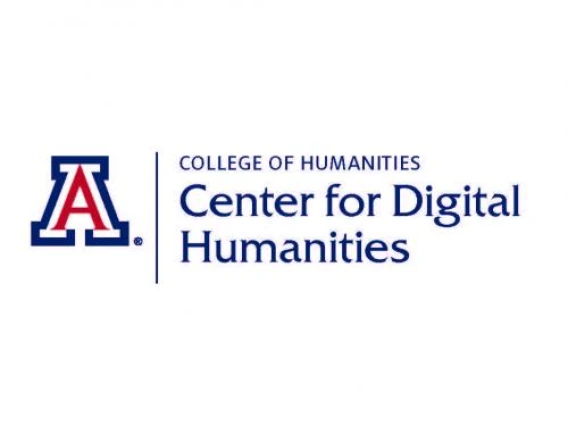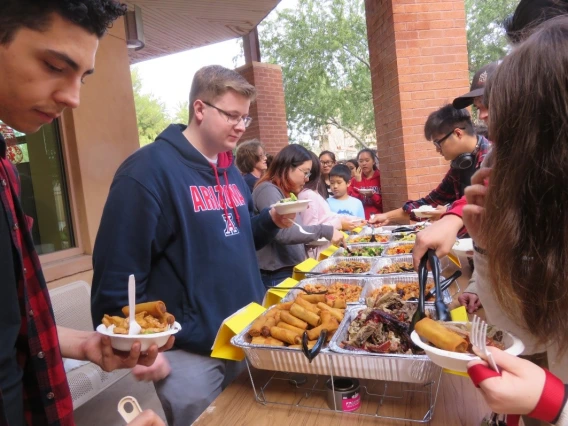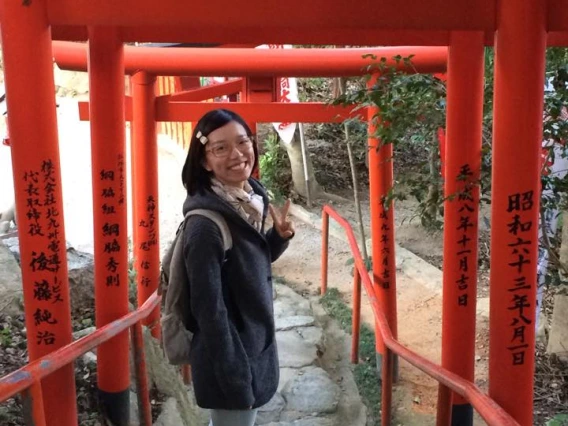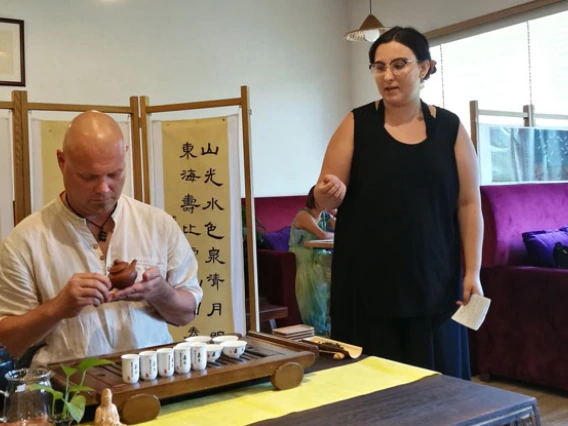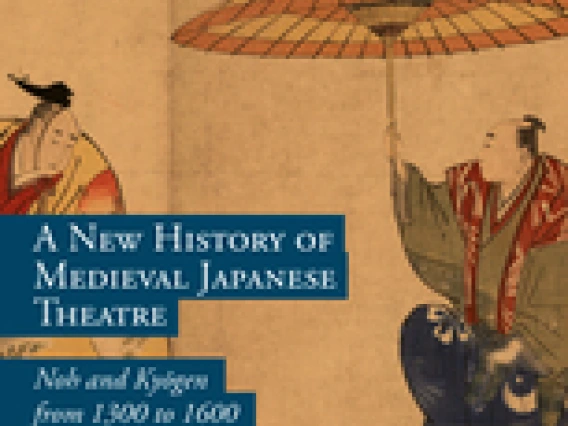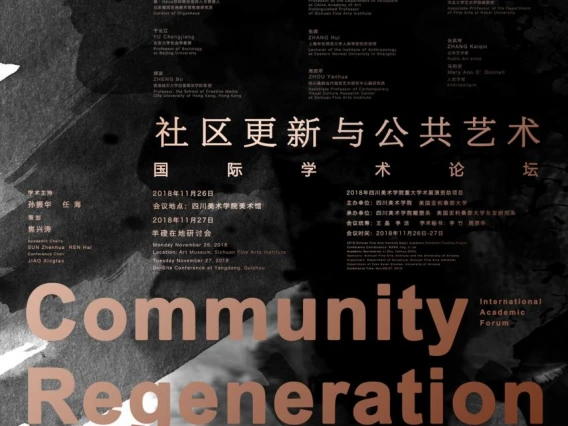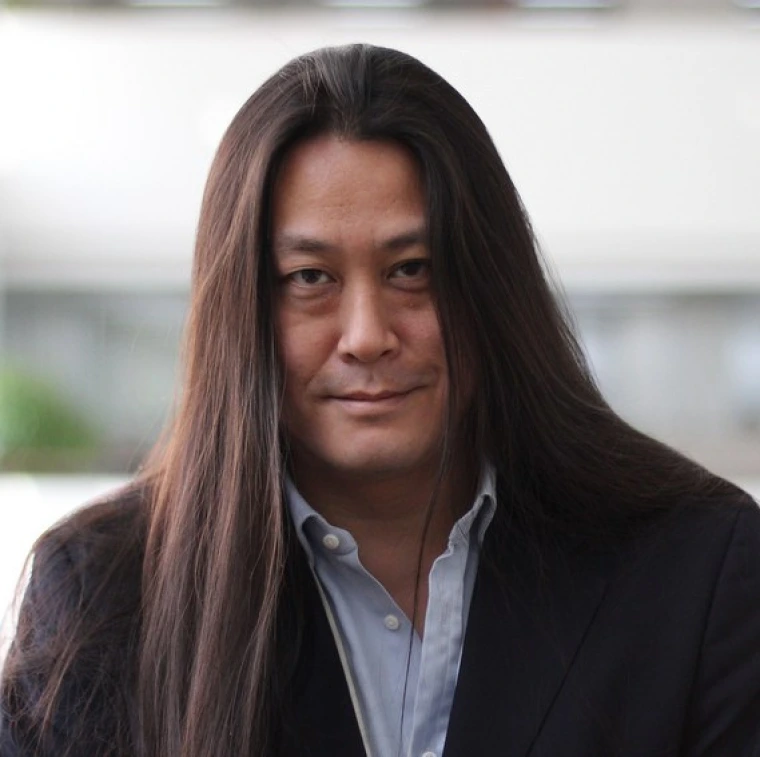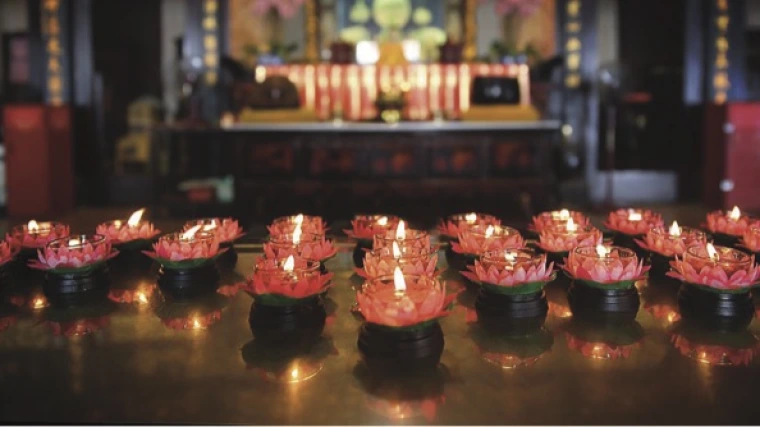UA EAS Faculty at AAS Annual Conference
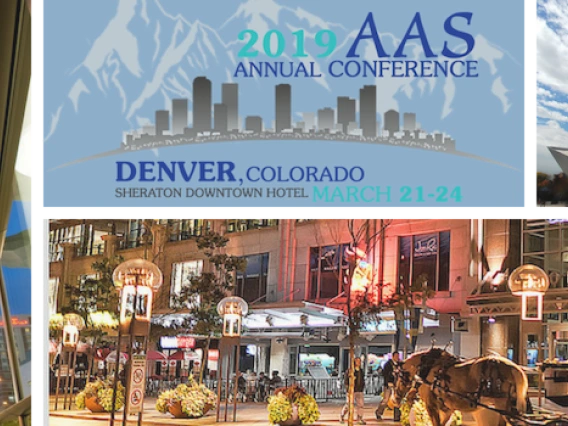
A number of East Asian Studies and related UA faculty members will be heading to Denver, CO for the Association for Asian Studies annual conference. Here's what they'll be up to!
EAS faculty:
Heng Du
Panel: Beyond Citation: Perspectives on Early Chinese Intertextuality
Paper: Differentiating between Textual Reuse and Intentional Citations in Ancient Texts
Abstract: Due to the growing awareness of the substantial differences between ancient and modern textual practices, scholars no longer presume that textual repetitions in early writings were intended as citations. The overlaps between Hanfeizi 韩非子 and Xunzi 荀子, for instance, can be explained as the result of 'textual reuse,' where two texts draw from shared textual repertoires, without either intending to reference the other. However, since textual reuse and implicit citation resemble each other on the surface, we need to develop methodologies for differentiating them.
I hypothesize that in the case of genuine citations, verbatim repetition of the source text is carefully avoided, with the exception of the cited passage or signature phrases. In contrast, textual reuse is often marked by the prevalence of unattributed and near-verbatim repetitions. I derive this hypothesis from existing studies of two different early contexts: 1) Homeric epics and later imitations such as the Argonautica (3rd century BCE); 2) the Analects (Lunyu 論語) and its echoes in early texts up to 100 CE. In testing out this hypothesis on the canonical poetry anthology, Chuci 楚辭, I show that its early layer exhibits the features of textual reuse, while its later layer those of referential citation and imitation.
Differentiating between citation and textual reuse will significantly affect how we interpret early writings. It will also transform existing conceptions of the relationships among early texts, offering new evidence for reconstructing textual, intellectual, and literary histories.
Kimberly Jones
Roundtable discussant: Diversity, Inclusion, and Professionalism in Japanese Language Education
Fabio Lanza
Chair and discussant for panel: “The People Have Spoken”: Sonic Politics in Modern and Contemporary China
Takashi Miura
Panel: Fissures in Discourse: Debating Japanese Modernity
Paper: How a Vengeful Ghost Became a Forerunner of Modernity: Sakura Sōgorō and His Transformation in Meiji Japan
Abstract: This paper examines the ways in which proponents of the Freedom and People’s Rights Movement (Jiyū minken undō) in Meiji Japan retroactively “discovered” Tokugawa peasants who had protested against the feudal government and “transformed” them into forerunners of Japan’s modernity. The most prominent among these “righteous peasants” (gimin) was Sakura Sōgorō, who, according to legend, had sacrificed his life in order to make a direct appeal to the shogunate to protest harsh treatments of his fellow peasants by government officials; Sōgorō was executed for conducting this “illegal” protest and was believed to have become a ghost seeking revenge against corrupt officials. Legends of Tokugawa gimin, as represented by that of Sōgorō, proved to be useful for Meiji ideologues who sought to highlight the “backwardness” of the Tokugawa order and contrast it against the “civilized” vision of Meiji Japan. In their eyes, Sōgorō and other gimin became symbols of early democratic currents in Japan, whose rightful demands were denied due to the barbarism of the Tokugawa feudalism. Had these peasants lived in the “enlightened” world of Meiji, their voices would have been heeded. Accordingly, Meiji Japan witnessed a surge in the “commemoration” (kenshō) of hitherto-forgotten Tokugawa peasants as gimin in many regions, driven in part by representatives of the Freedom and People’s Rights Movement. This paper dissects the intersection between the Meiji modernization agendas and pre-modern (religious/ghost) tales of peasant protest, highlighting in particular the re-discovery of Sakura Sōgorō as a focal point in the construction of a Meiji modernity.
Nathaniel Smith
Panel: Retrospective on the Accomplished Heisei: Decline, Tribulation, Resilience, and Resistance
Paper: Heisei Malaise, the Activist Right, and the Problem of ‘Normal Nationalism’ in Japan
Abstract: At the close of the Showa period Japan was shaken by the end of the Cold War, the death of Hirohito, and the precipitous decline of the Japanese economic juggernaut—each significant foundations for post-WWII rightist activism. Japan in the Heisei period saw an efflorescence of nationalism: growth of domestic revisionist histories and white-collar conservative activism, deeper conflict among rising regional powers fueled by debates over memorialization and new digital proximity, and the emergence of its own internet-fueled wave of xenophobic activism known as the ‘Action Conservative Movement’ (ACM). In active yet ideologically scattered movements over the ‘Lost Decade,’ PM Koizumi’s US-style liberalization, a short lived DPJ rule beset by disasters natural and bureaucratic, and two terms of PM Abe’s blunt attempts to engineer a patriotic and militarily flexible nation, the question of exactly how Japan might become a ‘normal nation’ has led to the puzzle of what constitutes a ‘normal nationalism.’ Based upon ethnographic fieldwork since 2005, this talk will assess how several strains of activism in Japan have engaged the Heisei period and contextualize how street activists engaged debates in the broader landscape of Japanese nationalism over the last thirty years.
Jiang Wu
Chair for panel: Looking Back: New Methods Used in Edo Period Religious Commentaries on Traditional Chinese Sources
Sunyoung Yang
Discussant for panel: Family Conflicts and Solutions: Legal, Familial, and Social Disputes in Northeast Asia
Asia-related UA colleagues:
David Pietz
Discussant for panel: Between Land and Water: Wetlands, Technology, and Society in Pre-Industrial Asia
Paul Schuler
Panel: Towards a Comparative Asian Communism: Regime Resilience and Collapse in Vietnam, North Korea, China and Mongolia
Paper: Rallying the Faithful or Gathering Information? Testing the Mobilization Theory of Single-Party Elections in Vietnam
Abstract: Do single-party elections benefit autocrats and citizens? Recent work eschews mobilization and co-optation arguments, suggesting that elections provide information on voter preferences. This paper challenges that theory, arguing that “citizen information” theory assumes a modicum of competitiveness and voter attentiveness not likely to exist. Instead, consistent with the classic mobilization view, electoral behavior is driven by party strength. Using unique data from Vietnam, which for the first time combines actual electoral returns with district-level survey data, this paper shows show little evidence of strategic voting, competitiveness driving turnout, or knowledge of candidates. Instead, connection to the party drives participation. The findings and theory have important implications for the burgeoning literature on information acquisition tools and elections in single-party regimes. In short, while single-party regimes have many tools to acquire information, elections should not be included among them. More importantly, elections should not be legitimized as reflective of citizen preferences.
Caleb Simmons
Panel: Memory, Narrative, and Networks in Tipu Sultan’s Mysore: The Transformation of Political Culture in Eighteenth-Century Southern India
Paper: “Rascally Infidels”: The Construction of Politico-Religious Identity in Ṭipū Sultān’s Mysore
Abstract: In this paper, I will discuss “religious identity” in the political correspondence of Ṭipū Sultān in order to nuance our understanding of his reign and his kingdom as defined through Islam. Particularly, I will examine his construction of religious fidelity and infidelity as it relates to a variety of political and military allies and enemies. For Ṭipū Sultān, the status of other political entities as “believers” or as “infidels” was not constituted through communal identity (i.e. religious tradition) but in their willingness to ally themselves with him and his kingdom. Using the rhetoric of fidelity and infidelity in a series of letters written to French and Ottoman representatives, I will argue that Ṭipū Sultān and his court saw kingship as an office of divine election that was affirmed through martial success and his sovereignty as a fulfillment of divine injunction. By choosing to ally with him and his kingdom, other political bodies could prove their divine election also. Those that did not where labeled as infidels. By considering this unique construction of politico-religious identity, we can see the flexibility and fuzzy boundaries of religious belonging and not-belonging in early modern South Indian political rhetoric.


